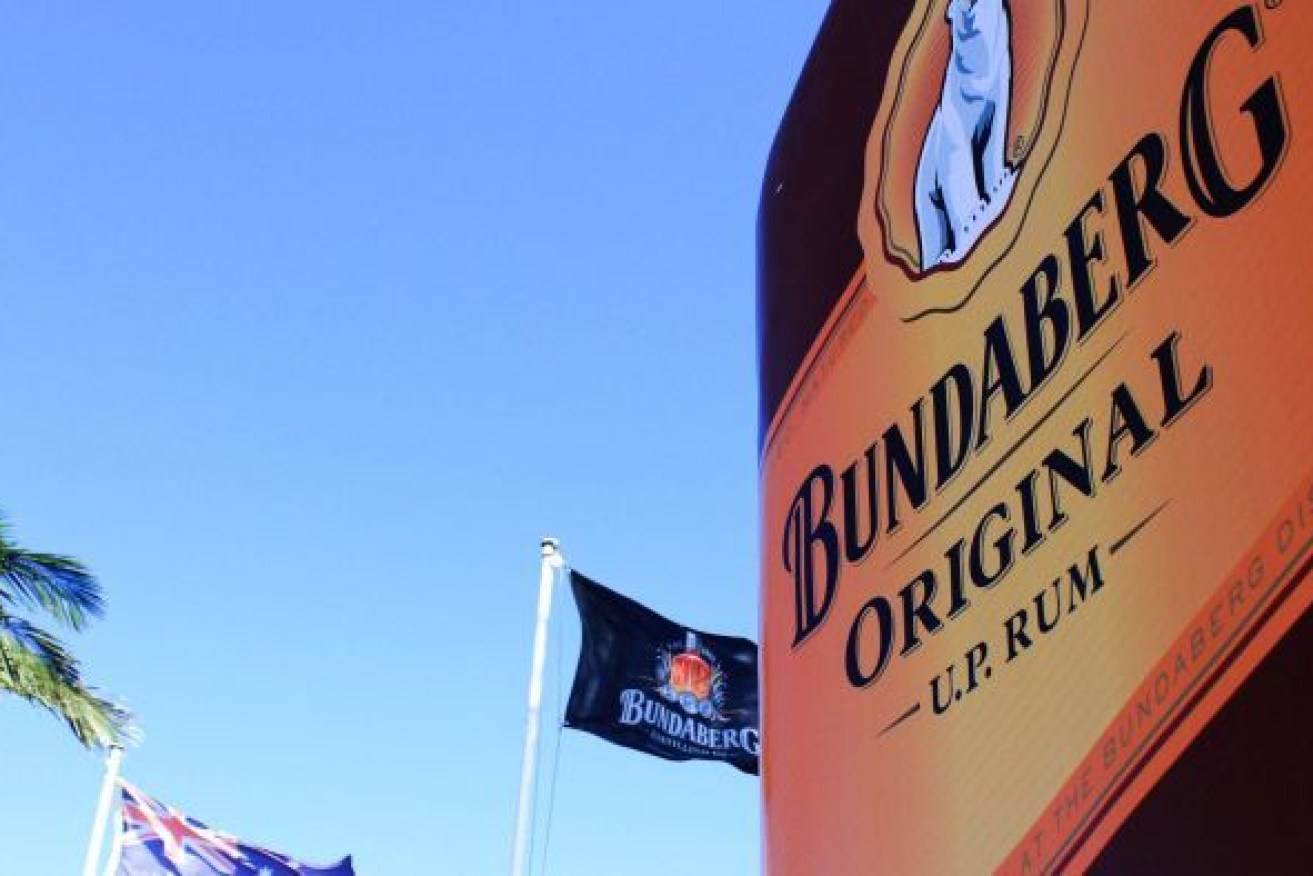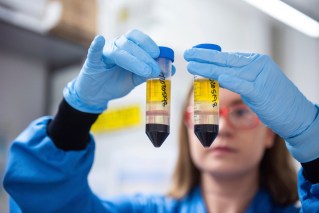Not quite water to wine, but spirits finding a new use as hand sanitiser
They may be more accustomed to making rum and gin, but as coronavirus spreads some distillers are turning to another type of alcohol product.

A growing number of distilleries are suppling ethanol for the production of hand sanitiser. Photo: ABC
They may be more accustomed to making rum and gin, but as coronavirus spreads some distillers have turned to another type of alcohol product — hand sanitiser.
Bundaberg Rum and Beenleigh Rum distillery in Queensland, Illegal Tender Rum in Western Australia and Newcastle’s Earp Distilling have begun either supplying ethanol for hand sanitiser or making it themselves.
Effective hand sanitisers have an ethanol content of at least 60 per cent and with demand surging alcoholic beverage manufacturers are stepping in to help.
“Given the unprecedented situation we are working through at the moment we felt we had a duty to step up and help Australians,” said Bundaberg Rum marketing manager Duncan Littler.
“We are incredibly proud of the team that are working through the night and day to be able to make the donation.
“We want to make sure we have plans in place and I can assure you that this ethanol donation will not impact the supply of rum to bottle shops around Australia.”
Bundaberg Rum says it will donate 100,000 litres of ethanol to the Queensland Government to distribute to other manufacturers to make half a million bottles of sanitiser.
The Beenleigh Rum Distillery in southeast Queensland has also started producing hand sanitiser for schools and front line workers, including Queensland Police.
Hundreds of litres a day
It is a similar story in Western Australia, where Dongara-based distiller Illegal Tender Rum has halted its usual operation to produce alcohol to make hand sanitiser for hospitals and the public.
Distillers Codie Palmer and Hayley Wells said they will soon be able to produce about 4000 litres of sanitiser a week.
“We were just trying to work out how we could help as opposed to just sitting back and closing,” Ms Wells said.
“We had to set up a separate email address because [the requests] just started coming in.
“We had [300 emails from] people asking to buy alcohol, but obviously we can’t sell alcohol at [the required] percentage.
“We’re looking to supply the front-line medical teams.
“From there it will go out to family members with low immune systems.”
Ms Wells said the sanitiser would be 80 per cent alcohol, and she expected final approval from the Therapeutic Goods Administration within days.
The business had to lay off casual workers when the restaurant attached to the distillery closed, Wells said, but the sanitiser business would allow it to keep some staff.
‘Lines around the corner’
Newcastle’s Earp Distilling Co. has also switched to making hand sanitiser, but marketing manager Josh Earp said the distillery would also continue to produce gin.
“Actually producing the hand sanitiser relies mainly on having the ingredients to do so,” he said.
“As a distillery, we have significant quantities of the main ingredient, ethanol.
“We want to ensure that we can supply sanitiser for as long as possible, and that means being able to trade as a bottle shop in some form.
“We are able to produce ethanol from sugar as a base onsite, which means that unless there is a significant demand for sugar anytime soon, and we were restricted, we foresee there being no issues to continuing production of ethanol.
“Over the last three days we’ve seen a huge demand for the sanitiser.
“We’ve had lines around the corner each day with the general public trying to get their hands on bottles to look after their family, their friends and themselves.”
Push to shore up supply chain
Transforming distilleries into hand sanitiser producers has been flagged as the first in a series of measures to boost local production.
Queensland Manufacturing Minister Cameron Dick said he had asked companies to identify ways they could help with in-demand supplies.
“One of the sectors of our economy that’s so important to keep going is manufacturing,” he said.
“I’m working to ask companies to look at what they’re producing to see if they can change their production system so other supplies can now be produced in Queensland factories.
“We’re putting all these pieces in place and over the next little while we’ll get production going out into the Queensland community.
“Many companies … are responding to our call to arms for manufacturers to help produce the products our frontline health workers, in particular, and other Queenslanders need at this difficult time.”
– ABC / Nicole Hegarty, Joanna Prendergast and Anthony Scully












